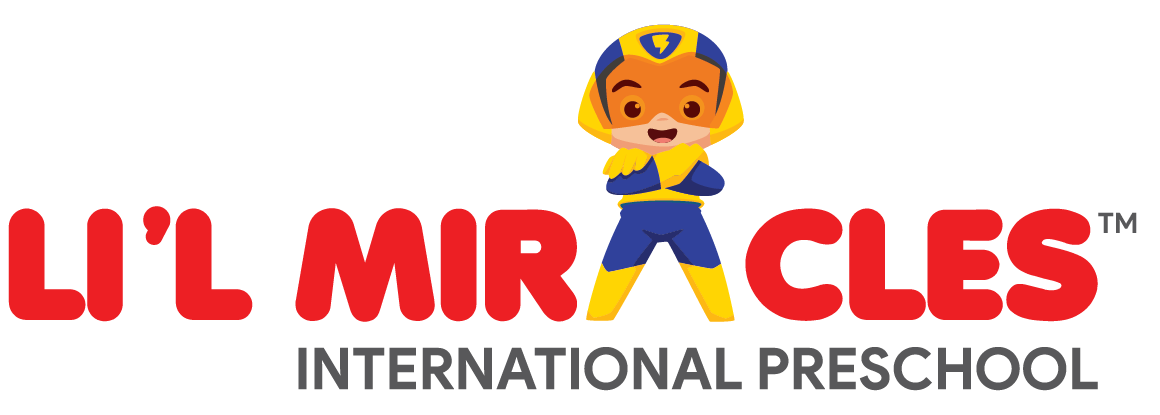As parents, we want the best for our children, especially when it comes to their education. Preschool is the foundational stage of learning, and the methods we choose can significantly impact how children grasp and retain new concepts. One powerful approach that has gained attention in recent years is experiential learning. But what exactly is experiential learning, and how does it benefit preschool children?
What is Experiential Learning?
Experiential learning is a hands-on approach that emphasizes learning through experience and reflection. Instead of passively receiving information, children engage in activities that allow them to explore, discover, and learn by doing. This method aligns perfectly with the natural curiosity and active nature of young children.
Why Experiential Learning Works
- Engages Multiple Senses: Preschool children learn best when multiple senses are engaged. Experiential learning activities often involve seeing, touching, hearing, and sometimes even tasting and smelling, which helps solidify concepts in young minds.
- Encourages Active Participation: Rather than sitting and listening, children are actively involved in their learning process. This active participation fosters a deeper understanding and retention of information.
- Promotes Critical Thinking and Problem-Solving: When children engage in hands-on activities, they encounter real-life problems that require critical thinking and problem-solving skills. These experiences help them develop essential cognitive abilities that will benefit them throughout their lives.
- Fosters Independence and Confidence: Experiential learning encourages children to make choices, take risks, and learn from their mistakes. This fosters a sense of independence and builds confidence in their abilities.
- Enhances Social and Emotional Development: Many experiential learning activities involve group work, which helps children develop social skills such as cooperation, communication, and empathy. It also provides opportunities for emotional growth as they navigate challenges and successes.
Examples of Experiential Learning in Preschool
- Gardening Projects: Children can learn about plant life cycles, responsibility, and the environment by planting seeds, watering plants, and observing growth. This hands-on experience makes the concept of life cycles tangible and memorable.
- Cooking Activities: Simple cooking projects teach children about measurements, following instructions, and nutrition. They also get to practice fine motor skills and enjoy the satisfaction of creating something they can eat.
- Science Experiments: Preschool-friendly science experiments, such as making a volcano or exploring the properties of water, spark curiosity and allow children to observe and understand basic scientific principles.
- Dramatic Play: Setting up a play area with costumes and props related to different professions or scenarios allows children to role-play and explore various aspects of adult life, enhancing their understanding of the world around them.
- Field Trips: Visiting a farm, zoo, or museum provides children with real-world experiences that complement classroom learning. These trips offer a wealth of new information and perspectives that are difficult to replicate in a traditional classroom setting.
Implementing Experiential Learning at Home
As parents, you can support experiential learning at home by providing opportunities for your child to engage in hands-on activities. Here are a few tips:
- Create a Learning-Friendly Environment: Set up a space at home where your child can freely explore and engage in different activities. This could include art supplies, building blocks, and sensory bins.
- Encourage Curiosity: Answer your child’s questions and encourage them to ask more. Provide resources such as books, videos, and materials that can help them explore their interests further.
- Be Involved: Participate in activities with your child. Your involvement and enthusiasm can enhance their learning experience and provide valuable bonding time.
- Reflect Together: After completing an activity, take time to discuss what your child learned. Ask open-ended questions that encourage them to think about their experiences and articulate their thoughts.
Experiential learning is a powerful tool that can transform the way preschool children understand and interact with the world. By embracing this approach, we can help our children develop a love for learning that will last a lifetime.
Lalit Sharma
Founder
Li’l Miracles International Preschool




